Dan Viet Newspaper reporter had a conversation with Associate Professor, Dr. Tran Thanh Nam, Vice Principal of the University of Education , Vietnam National University, Hanoi about the picture of the education sector in 2024 and expectations for the new year 2025.
Education in 2024: "Overcoming Waves and Innovating"
Hello Associate Professor, Dr. Tran Thanh Nam! So 2024 has officially ended and we welcome 2025 with many new expectations and new goals. Looking back on the past year of the Education sector, what would you say and what are the most outstanding achievements and activities?
- If I had to use a few words to summarize the year 2024 of the Education sector, I would choose the words: "Overcoming the waves and Innovation".
The entire industry has made tireless efforts to overcome difficulties and challenges, especially the prolonged effects of the Covid-19 pandemic, overcoming the consequences of natural disasters and floods, typically the severe impact of storm No. 3, which caused estimated damage to facilities and teaching equipment of up to VND 1,260 billion and a local shortage of teachers in some localities.
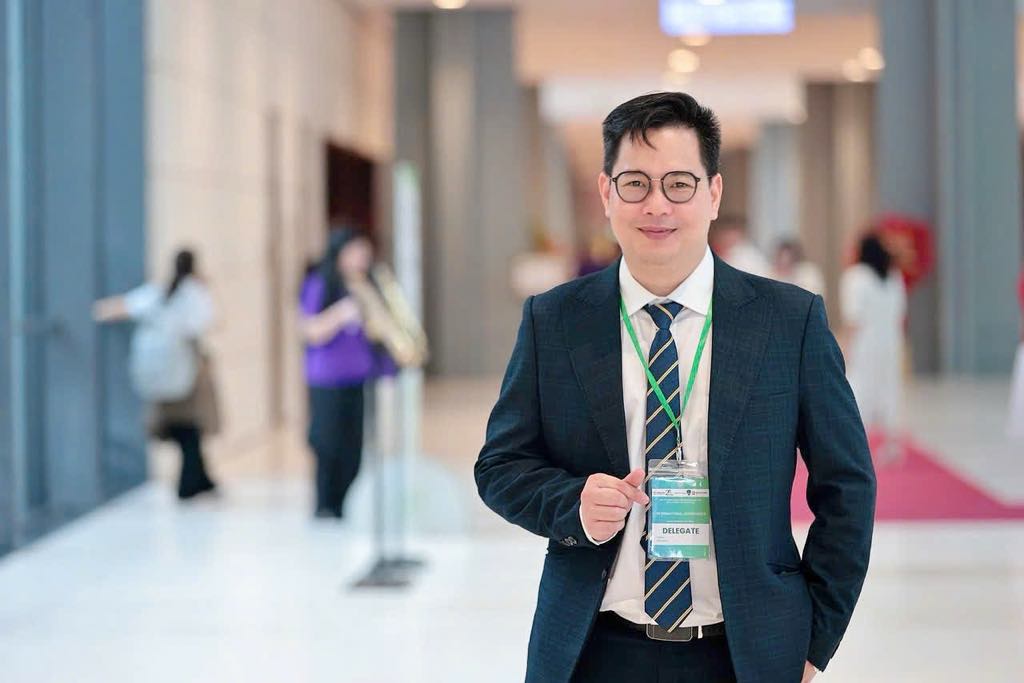
Associate Professor, Dr. Tran Thanh Nam, Vice Rector of the University of Education, Vietnam National University , Hanoi . Photo: NVCC
But the education sector has overcome the wave together, adapted, found solutions to ensure quality and left its mark. We have completed the first cycle of the new 2018 General Education Program with many advances, initial achievements in innovation in examinations and assessment have been supported by the people.
2024 is also the year that the number of candidates applying for and enrolling in universities increases, the fields of Pedagogy, Semiconductor Microchips and Artificial Intelligence attract many students. This is also the year that Vietnamese students make many marks in international competitions and many national and international school sports events are successfully organized.
2024 is the year that Vietnam will have 2 more cities recognized by UNESCO as members of the "Global Network of Learning Cities", bringing the total number of Vietnamese cities participating in this network to 5. A year of impressive increase in the rankings of Vietnamese educational institutions on world university rankings, especially Hanoi National University, which has achieved a strong increase in position, increasing 456 places to 325th in the world, 51st in Asia and No. 1 in Vietnam in sustainable development (QS World University Rankings: Sustainability 2025).
Many highlights of the Education sector in 2024 have been listed by the Associate Professor, so what do you feel regretful and worried about?
- Despite many achievements, what makes me and educators worry is that the quality of education is not uniform, there is still a difference in quality and the digital gap between regions, especially in rural, mountainous, remote and isolated areas.
The life of the teaching staff is still full of difficulties despite many preferential policies. The quality of training for the teaching staff also needs to be innovated in terms of content and methods to keep up with the innovation trend. Investment resources for education are still limited and do not really meet the development needs of the industry. There is still a shortage of schools and classrooms, and a lack of local learning equipment.
Problems of school culture have not been thoroughly improved, school violence and school accidents still occur, leaving unfortunate consequences and concerns for the community.
I also feel regretful that proposals to improve the status of teachers and regulations on teacher practice certificates have not been included in the Law on Teachers because of many concerns about administrative procedures.
Over the past year, there have been many opinions about exempting tuition fees for medical and semiconductor technology majors and exempting tuition fees for teachers’ children. What is your opinion, Associate Professor?
- Personally, I fully understand the good intentions behind the proposed policies of tuition exemption for teachers' children, for medical students, and semiconductor microchip students to support and attract talented people to be interested in and participate in important areas of society, establishing a worthy position for the teaching and medical professions.
However, these proposals need to be further reviewed on the basis of the budgetary capacity to ensure feasibility and sustainability. It also needs to take into account the responses of stakeholders to ensure fairness, no discrimination or stigma between occupations, learners when receiving policy support and obligations to implement. We also need to consider very carefully the effectiveness of the policy.
Personally, I support the need for a small-scale trial (within a group of universities with majors in Medicine and Semiconductor…) to see if the policy will really help attract talent to the necessary fields and have a commitment to creating social values in the long term. There is still not enough scientific evidence to confirm this, so there needs to be trials to evaluate the impact.
2025 will be a pivotal year for many new milestones.
Associate Professor, how do you assess the impact of mergers, streamlining the apparatus, and streamlining staff on the training work of schools and what do students need to prepare to meet the new situation?
- I believe that the policy of streamlining the apparatus and reducing staff must go hand in hand with digital transformation and the thorough application of Information Technology and AI to increase efficiency. Streamlining the apparatus must also go hand in hand with cutting down on unnecessary and cumbersome administrative procedures.
In the field of education, I also believe that streamlining will focus on the administrative sector when taking advantage of initiatives, applying technology and AI in caring for and managing learners. As for the professional staff such as lecturers and teachers, it will be difficult to streamline when we want to increase the number of learners (by 2030, ensuring 260 university students per 10,000 people and the rate of trained workers with degrees and certificates reaching 35-40%).
We also aim for the quality of education, so the number of students/lecturers - teachers will have to be reduced. The problem is that we will have to improve the capacity of teachers so that they can teach multi-tasking; integrate; take advantage of the power of technology and AI to reduce administrative work, improve the efficiency of educational activities. Streamlining and increasing efficiency is the formula to increase income and improve the quality of life of the team sustainably.
Therefore, I believe that there will not be a big impact on the output standards of graduates of training programs. However, if those working in the education sector do not see their responsibility in updating themselves, we may be out of date before our working age.
What are your expectations for the education sector in 2025?
- 2025 will be a pivotal year of many new milestones. It is expected that the Law on Teachers will be promulgated to clearly establish the position of teachers in society, improve the material and spiritual life of the teaching staff, and motivate teachers to continue to contribute to the education cause. The planning of the University and Pedagogical Education Network 2030 - Vision 2050 will be approved and promulgated, which will be an important basis for reshaping the university and postgraduate education system. This ensures balanced, harmonious, quality and effective development according to the short-term and long-term socio-economic development orientations of the country. Improve the quality of training for teachers and educational managers.
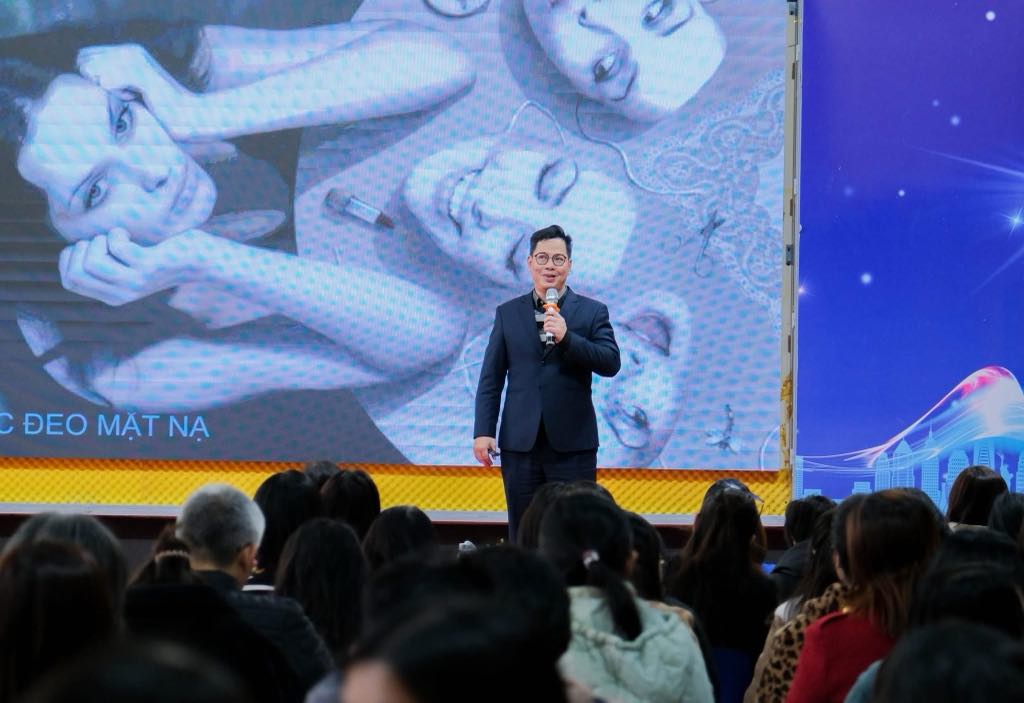
Associate Professor Tran Thanh Nam has high expectations for the education sector in 2025. Photo: NVCC
The General Secretary has signed and issued Resolution 57 on breakthroughs in science, technology and innovation, and national digital transformation is the guiding principle for the application of technology in education. In 2025, I expect we will see a strong transformation in the application of advanced science and technology in teaching, scientific research, innovation and community service. Online learning platforms, teaching support tools and modern assessment methods will be used more widely and effectively.
2025 is also expected to be a breakthrough year in digital transformation in teaching and assessment, in smart school management in the spirit of promoting the "digital literacy movement" that was launched 2 years ago. We have had very favorable initial conditions, the rate of mobile phone subscribers using smartphones has reached 88.7%; the rate of households with broadband fiber optic internet is 82.3%. People have the necessary tools to practice digital skills on devices and access digital learning content, participate in online classes to effectively implement this movement.
With those conditions, I also believe and expect that education will have breakthroughs in 2025 in the direction of streamlining and efficiency based on the application of technology, AI, providing quality education according to personalized needs and for the comprehensive development of learners. The position of teachers will be affirmed in society. The research, innovation and startup ecosystem will be perfected, contributing to raising Vietnam's ranking on the global innovation index map. Vietnamese education will continue to affirm its position in international rankings and competitions on social influence, contributing to sustainable development goals.
Thank you for sharing, Associate Professor. On the occasion of the New Year 2025, I wish you good health and success!
Source: https://danviet.vn/pho-hieu-truong-dh-giao-duc-nguoi-lam-giao-duc-khong-cap-nhat-ban-than-se-het-han-su-dung-truoc-tuoi-ve-huu-20241231200927797.htm



![[Photo] Unique art of painting Tuong masks](https://vphoto.vietnam.vn/thumb/1200x675/vietnam/resource/IMAGE/2025/11/14/1763094089301_ndo_br_1-jpg.webp)



![[Photo] Unique architecture of the deepest metro station in France](https://vphoto.vietnam.vn/thumb/1200x675/vietnam/resource/IMAGE/2025/11/14/1763107592365_ga-sau-nhat-nuoc-phap-duy-1-6403-jpg.webp)






















![[Photo] Special class in Tra Linh](https://vphoto.vietnam.vn/thumb/1200x675/vietnam/resource/IMAGE/2025/11/14/1763078485441_ndo_br_lop-hoc-7-jpg.webp)







































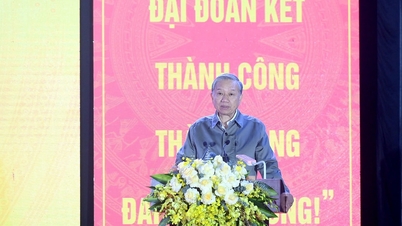




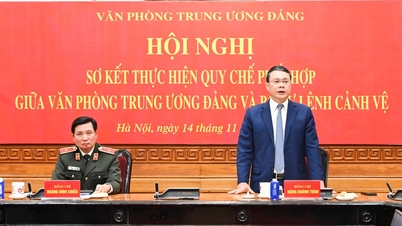






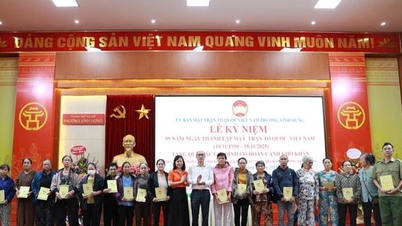

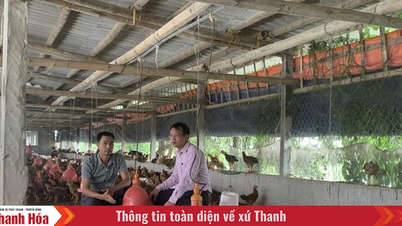

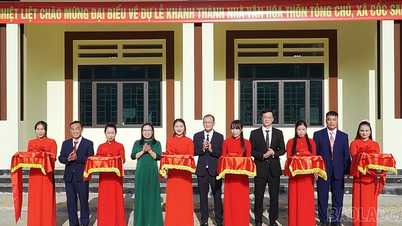













Comment (0)